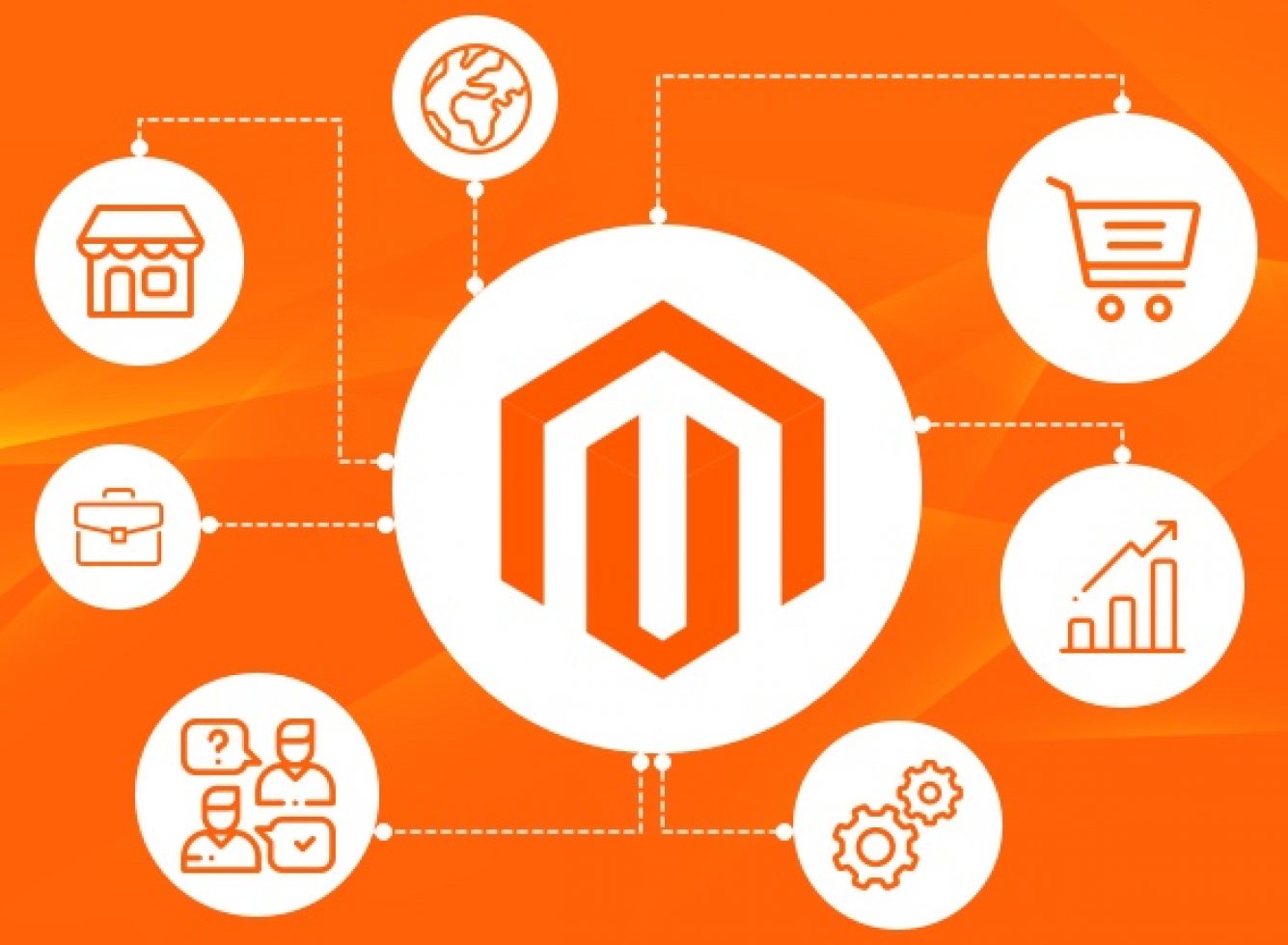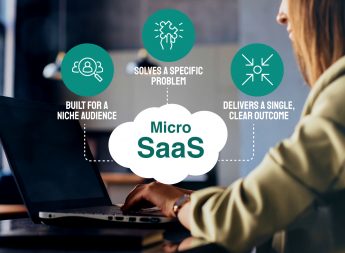Top Myths About Magento

The more popular it gets, the Godlier or Devilish it becomes. This applies to Magento too. Magento, after its initial release in 2007 grew drastically and covered a huge market share in Ecommerce world. Ecommerce started to become synonym to Magento. As its user based grew, each user had their point of view regarding the framework and myths related to Magento started to originate on the Internet.
As time evolved, Magento transited to Magento 2. However, the myths remained the same. We at Vsourz have tried to debunk these myths and create awareness. Below are few of the most common myths you will get to hear or read on the internet.
1) Magento is Slow
This is the most common myth you will hear from developers or development agency who are not an expert in Magento development. It is used to divert the client to other light weight ecommerce frameworks.
Magento being a heavy weight framework requires higher server configuration than other light weight frameworks in the market. Magento can run extremely fast on the right hosting environment.
Also, to further speed up and compensate with the speed loss due to its complex architecture, Magento offers various speed enhancement techniques like
- Use of external caches like Varnish and Redis is supported with the framework. You can easily configure them on website.
- Flat tables for Categories and Products to reduce SQL query times in fetching data.
- Provision to minify, merge and bundle JS and CSS
If the website is optimized properly, Magento can give great speed results.
2) Magento is only for large business
This is another misconception in the mind of businesses. Often start-ups and medium businesses are suggested that Magento is for large enterprises. This is incorrect. Magento was designed to suit every business requirement whether it’s a small start-up company or a large corporate.
It is true that the cost of running Magento will be higher than the other frameworks. However, it doesn’t make it an unfavourable solution. In our opinion it is a must for a startup or medium business to have a solution which is scalable and can help in growing their business. Magento with its robust promotion functionalities will help the businesses offer promotions and discount which are critical for an online business.
Each business has its own different requirements and before choosing an ecommerce platform, a thorough research should be done regarding the pros and cons of each platform. Also, it is important that you have an idea of how quick your business will grow. This will help you take an informed decision.
3) Very difficult to customize vs Very easy to customize
Magento is built on top of Zend framework. While difficulty and easiness depend on the skillset of developers coding it, there is a misconception floating around for quite a while. It was said that Magento 1 was very difficult to code and Magento 2 is easier. However, we would say neither Magento 1 nor Magento 2 is either easy or difficult to code.
If you are going with the developers or agency which has the right skillset to code in Magento, they can do wonders with your website. However, if you are going with developers or agency who are an expert in PHP and are not well trained with Magento, they can break your website; especially performance by applying patches.
Any experienced Magento developer knows that even though Magento is built on PHP, it is not only PHP that you should know. Magento has its fix coding standards and notation. Any developer following it will be able to code correctly in the manner of how the core framework is coded. This can be a lengthy process, but better than applying patches.
We at Vsourz have expert Magento developers if you need any assistance with your project.
4) Magento requires complex hosting infrastructure
It is true that Magento is a resource consuming framework and needs a server setup which can be comparatively higher than what would be required for other common frameworks. However, it is isn’t true that you need a dedicated server to host your Magento website. Magento needs an optimized hosting environment with preferable support to Redis or Varnish cache. If you are not expecting hundreds of users on the website daily, a Magento optimized shared hosting can give equally good performance as a dedicated hosting would.
We would recommend you go with the Magento optimized hosting whether it’s a shared server, cloud server or a dedicated one.
We at Vsourz can provide you the Magento optimized server based on your business requirement.
5) No need for SEO
New clients often ask about the need of doing SEO once they move to Magento. Undoubtably, Magento is the best framework in the market which provides you with integrated SEO tools like:
- Provision to have custom and dynamic meta on the product pages.
- Integrated with Google Analytics and Ecommerce tracking.
- Dynamic XML sitemap creation with ability to set priority.
- Default implementation of canonical URL and pricing schema for products.
- Use of Google experiments to do AB testing.
However, this doesn’t mean that you don’t need to do SEO for the website. SEO is much beyond implementing above steps. For any growing or new ecommerce website, it is a must to do continuous SEO activity to either improve or maintain the rankings. The above tools will only help you in it. We would recommend you take advantage of Magento SEO capabilities rather than completely relying on it. Our Magento SEO expert can help you audit the website if you feel your website is not properly set.
6) No need to worry about security.
Having website built on Magento doesn’t mean that you can ignore any security checks for the website. Magento is not known to be a framework having serious security loopholes, however it doesn’t mean your website can’t be compromised or hacked.
Magento often releases security patches of know vulnerabilities on their website. Each security patch should be taken seriously and should be applied timely. These security patches cover’s the known and unknown vulnerabilities on your website.
It has been seen that, often shop owners tends to delay or ignore the security patches and thereby puts their website vulnerable. As serious vulnerability can break the website or steal personal data like your customer information, their credit cards etc.
Also, additional steps should be taken to protect your website from external hack. These mainly includes:
- Implement Firewall on the server
- Restrict FTP and SSH access to unknow public IP’s
- Change Magento admin URL to avoid Brute force attack on your login page
- Regulate permissions of admin users
- Can use CDN like Cloudflare to block DDOS attacks
For all Magento ecommerce site owners, it is mandatory to take the security of their website seriously.
By this post, we have tried to provide an insight on few of the most common Magento myths we deal with. We at Vsourz, believe in factual finding and guide our clients based on it. If you are having trouble with your website, you can contact us and our Magento consultant will assist you.



